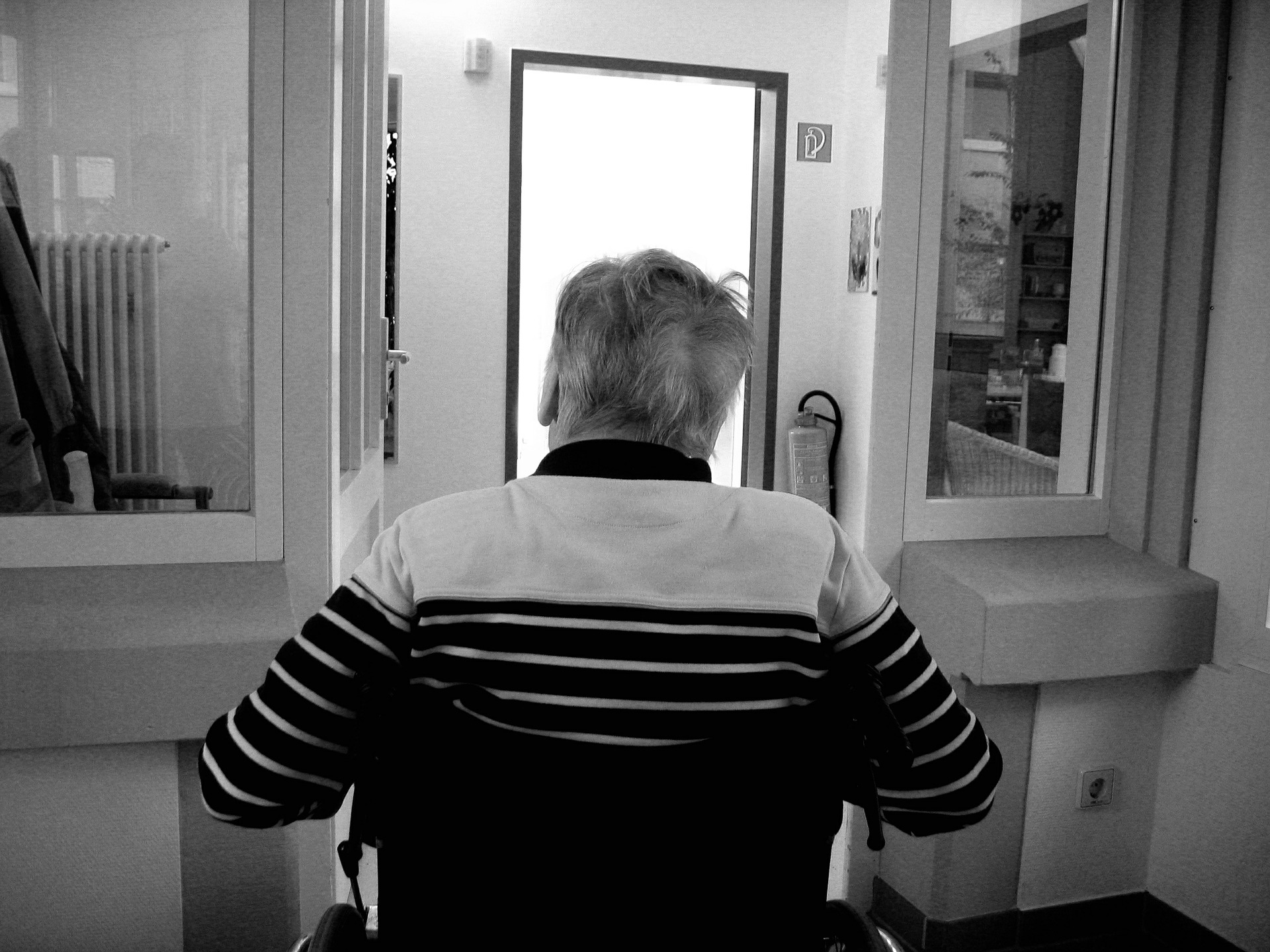News
Concussions without loss of consciousness may double your dementia risk

A new wave of studies has completely reshaped how we view the link between traumatic brain injury (TBI) and dementia. While it has long been believed that TBI is linked to an increased risk of developing dementia, it was assumed only the most severe forms of TBI affected this risk. However, a recent study found that even mild TBI, often called concussions, may make raise someone’s chance of developing dementia.
Now, a new study even the mildest TBI’s – where there is no loss of consciousness – can more than double the risk of later being diagnosed with depression.
The findings were based on a large retrospective review of health information collected from more than 350,000 veterans of the U.S. military.
In the study, veterans who experienced mild TBI without loss of consciousness had an adjusted hazard ratio (HR) of 2.36 for dementia compared with veterans without head injury, according to a report published in JAMA Neurology. This indicates a more than double risk compared to those without a history of TBI.
The risk was even more pronounced for veterans with moderate to severe TBI.
“Veterans with head injury diagnoses were two to four times more likely to be diagnosed with dementia than those without head injury diagnoses,” said the study’s senior author and principal investigator, Kristine Yaffe, MD, of the University of California San Francisco.
“Most of the TBIs were most likely sustained not as active military, so these findings have implications for non-military populations, too. Older veterans especially would have had TBIs from falls, motor vehicle accidents, etc.,” she told MedPage Today.
“For neurologists, this is another indication that TBI is linked to dementia risk. They may need to carefully monitor or screen patients with TBI for cognitive impairment, especially as they age.”
The researchers note that although past research has established a clear link between severe TBI and dementia, the “association between mild head injury and dementia, especially mild head injury that doesn’t result in loss of consciousness, is less well established.”
According to the data published, veterans in the study were an average age of 49.5 years old, 91% were male, and 72% were white.
From the 350,000 veterans evaluated, the researchers found 10,835 cases of incident dementia in veterans with TBI and just 4,698 cases in those without a history of TBI. After adjusting for demographics and medical comorbidities, the HRs for dementia were:
- 2.36 for veterans with mild TBI without loss of consciousness
- 3.19 for veterans with mild TBI with loss of consciousness (or consciousness state unknown)
- 3.77 for veterans with moderate to severe TBI
“We don’t exactly know the mechanism linking TBI to dementia,” noted Yaffe. “Several lines of evidence support the hypothesis that TBI accelerates the deposition of abnormal proteins that accumulate with age, such as tau and beta-amyloid, and this may predispose patients to dementia. Another mechanism might be that TBI makes the



